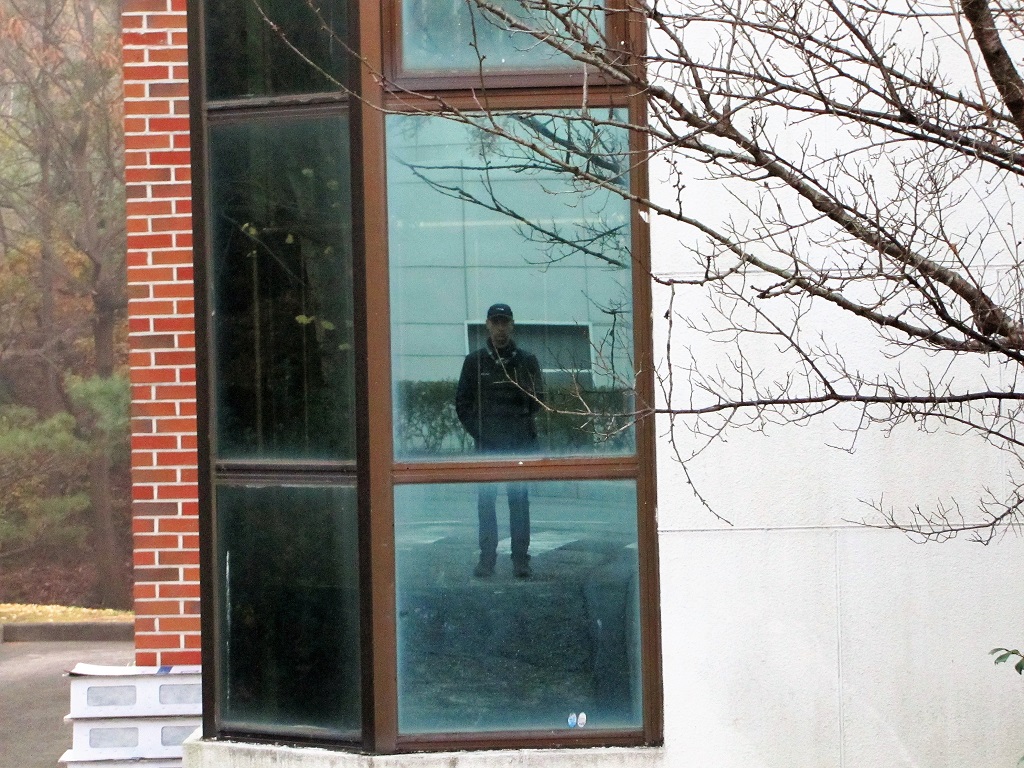Reasonable Doubts: Part One
Today I begin what will surely become a series of observations on the many dangerous psychological certainties running wild through our modern world, behind our age’s thin, self-congratulatory veils of relativism, nihilism, and skepticism. That is to say, we are an era of unquestioning true believers and romantic dogmatists, particularly with regard to our comforts and pleasures, and yet we continually market ourselves to one another as history’s golden age of debunking severity.
The following observations will be presented in the form of admonitions and advice — not a set of “rules for living,” however, but rather a series of stop signs and challenges, more in the spirit of Socrates’ famous self-description as a gadfly sent by Apollo to disturb and annoy the daily lives of his fellow Athenians with unsettling questions and biting logic.
Without further ado, then, let us begin our journey of rational doubt.
Convenient rationalizations.– Doubt any belief that would be the most convenient or emotionally uncomplicated for you to cling to or adopt in your current life. If something is easy to believe, in the sense of being well-adapted to the conditions of your present comfort and stability with yourself, your goals, your friends, your habits, and so on, then you must question it.
Admiration.– Doubt anyone you are inclined to admire, and especially those whom you have never known personally. We admire what we desire to be. Hence, everyone you admire, as such, is actually you, idealized. If you do not know the person, then precisely to the degree that you elevate him in your imagination, you are very likely using him as a means of idealizing — objectifying, excusing by exaltation — your own worst traits or inclinations. (This helps to explain the dynamic of cults of personality, along with all the more “benign” forms of popular idol-worship.) To doubt the real merits of the object of your admiration is thus an exercise in honest self-critique and self-evaluation.
Experts.– Doubt all opinions attributed to “experts,” particularly when that word is used in plural form. Expertise is a modern invention, and as employed in our public discourse (such as by the news media or politicians), the word “expert” almost always means “career academic” or “career bureaucrat.” This last fact explains why the plural form, “the experts,” when used as evidence or argument — “Most experts agree that…” — deserves special scrutiny and skepticism. For if there are two institutions that definitively exemplify the tendency of modern hierarchies to exploit gatekeeper systems to enforce consensus and suffocate dissent, those two institutions would be academia and bureaucracy.
And the problem is even worse than that. For to create artificial boundaries of “acceptable thought,” and artificial limits on institutional dissent, is to encourage mediocrity, since the person who conformingly, obediently says what is desired by the gatekeepers, his superiors, will always be accepted, published, and promoted over the person with a bright new idea, and particularly the person who is perceived as challenging the consensus in any way. The peculiar danger of this tendency of self-regulating hierarchies becomes immediately obvious when one considers, even briefly, the essential character and history of scientific discovery, or the current state of “higher education.”
Hence, the word “experts” (especially in the plural), as it is used in modern discourse to indicate the weight of the world’s accumulated intellect, in truth indicates nothing but that the people being cited as the knowledgeable elite are mostly small-minded career climbers and pettily self-interested tagalongs.



